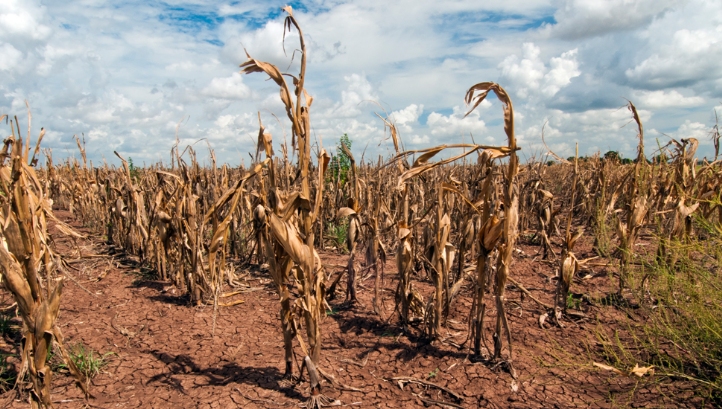A group of 215 of the largest companies in the world risk collectively losing up to $1trn to climate impacts, with most of this risk set to hit within the next five years, new research from CDP has found.

Around one-quarter of the potential losses were attributed to stranded assets
Published today (4 June) after a study of the climate-related financial risks businesses reporting to CDP – of which there were more than 6,900 – disclosed during 2018, the report highlights the forecasts of the 366 included in the world’s largest 500 firms by market capacity.
Of these 366 firms, 215 reported financial risk statistics through to 2025 and beyond, totalling almost $1trn collectively. Of this amount, $250bn was attributed to write-offs of stranded assets, which are predicted to be partly accounted for by the declining profitability of high-carbon facilities and partly due to the physical impacts of rising temperatures.
On a more positive note, 221 of the corporates reporting through CDP also disclosed figures detailing the potential value of positive climate-related business opportunities. Collectively, they estimated that switching to low-carbon products, services and business models would generate $2.1trn of additional revenue within the next five years, compared to an initial outlay of $311bn.
The sector which forecast the most potential revenue from decarbonisation was the financial sector, with companies collectively predicting a $1.2trn opportunity. Finance notably accounted for almost 80% of the $1trn financial risk value. Other sectors predicting sizeable rewards from climate-related actions were found to be manufacturing ($338bn), services ($149bn), fossil fuels ($141bn) and the food, beverage and agriculture sector ($106bn).
According to CDP’s director of climate change Nicolette Bartlett, these findings indicate that a “significant shift” in the number of climate-friendly products and services offered by the world’s largest companies is likely on the horizon.
“Following the recommendations of the UN International Panel on Climate Change’s (IPCC) report, our collective response to climate change is more urgent than ever, and it is clear that corporate action cannot be delayed – so it is hugely encouraging that companies are reporting that the potential value of climate opportunities far outweigh the costs of investing in the transition,” Bartlett said.
Nonetheless, Bartlett warned that the trend towards businesses reporting opportunity and value in climate action could be led by increased scrutiny from regulators and investors, rather than an ambitious and honest interest in tackling emissions.
Climate disclosure challenges
CDP has committed to align its information requests with the recommendations of the Task Force on Climate-related Financial Disclosures (TCFD), including scenario analysis, in a bid to help companies translate their environmental risks and opportunities into sums of money.
There are currently more than 200 TCFD signatories across all sectors, accounting for $44bn in average market capitalisation, with an additional 300 firms having expressed a desire to adopt them in future. However, many corporates are failing to accurately convert climate impacts to financial or reputational damage, according to the TCFD’s latest status report.
Similarly, a recent Carbon Trust survey found that six in ten UK-based corporates are yet to share information on improved climate disclosure with any important investors or other key stakeholders.
The good news on a national level is that two-thirds of the UK’s largest 100 companies are planning to incorporate climate risks in their annual financial or combined report this year, according to research by Carbon Trust. Moreover, the increasing focus on climate change amongst global scientific communities, mainstream media, policymakers and the general public is widely expected to push businesses to be more vocal about their role in tackling climate change through disclosure frameworks such as the TCFD.
Sarah George
